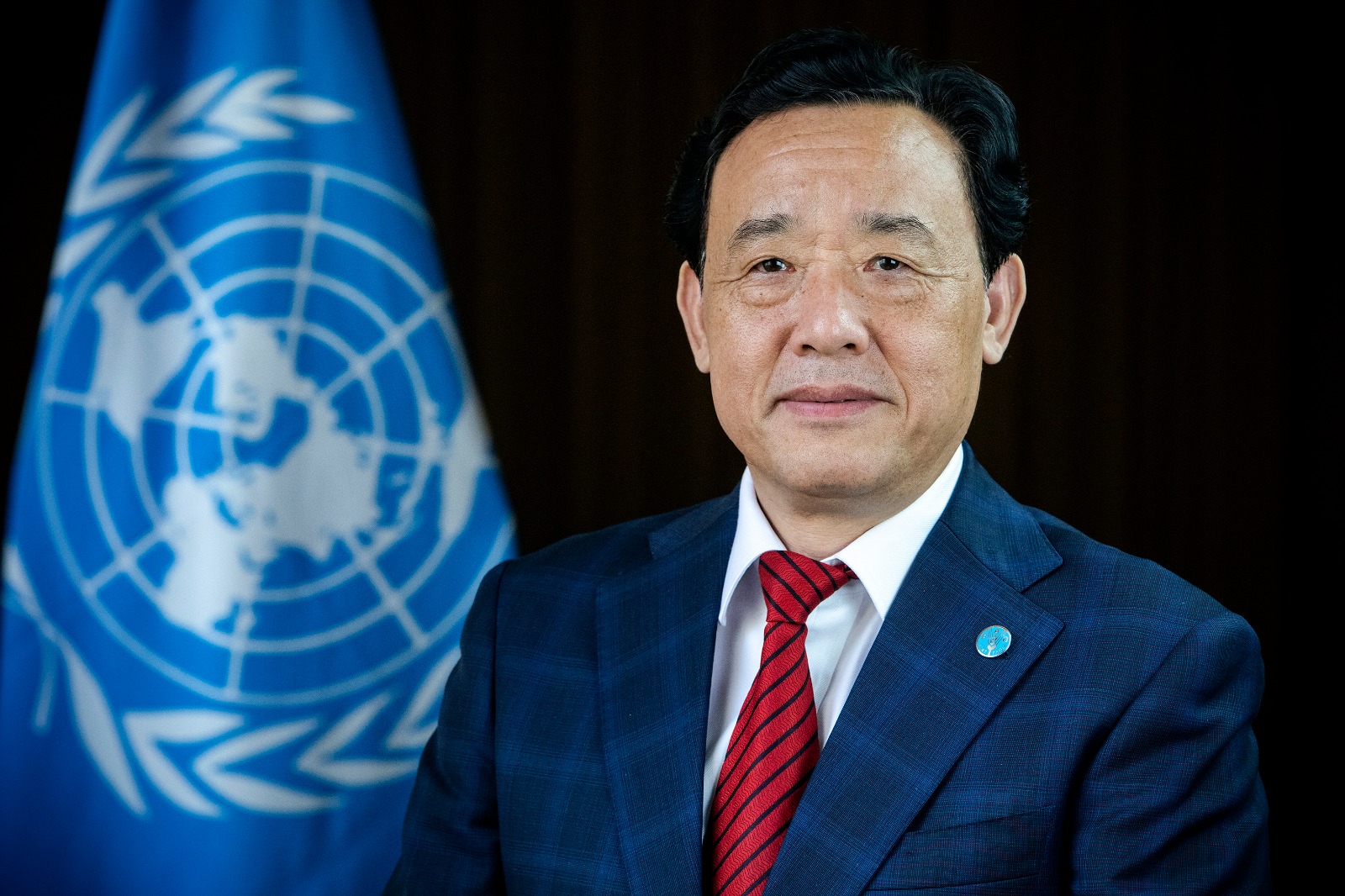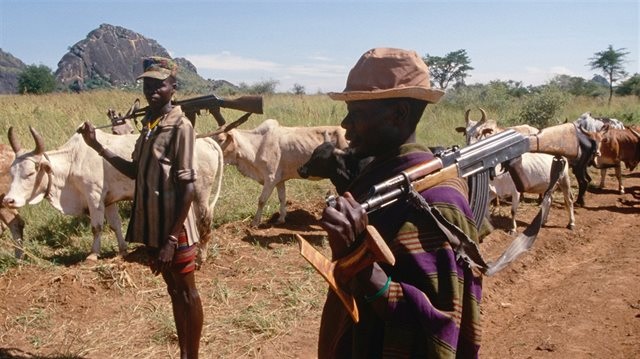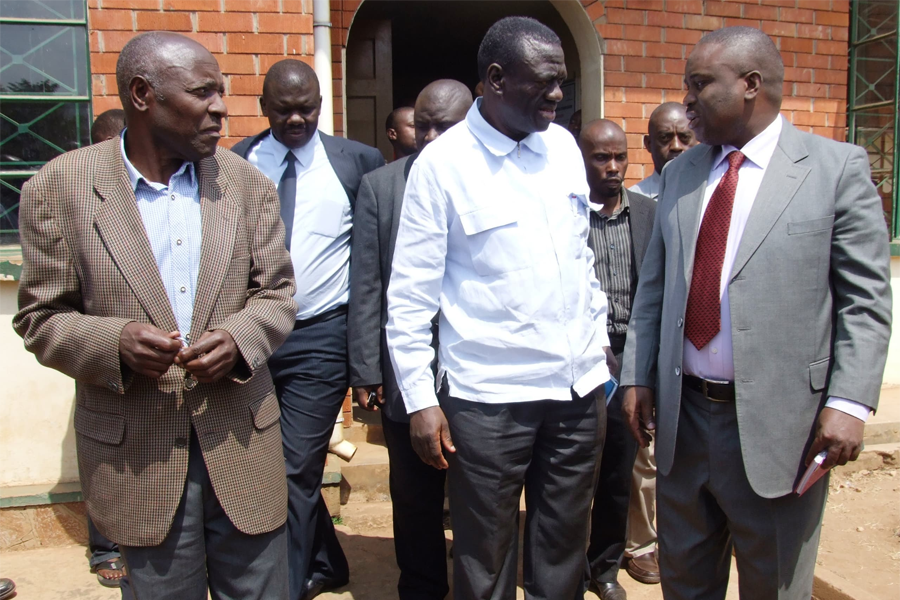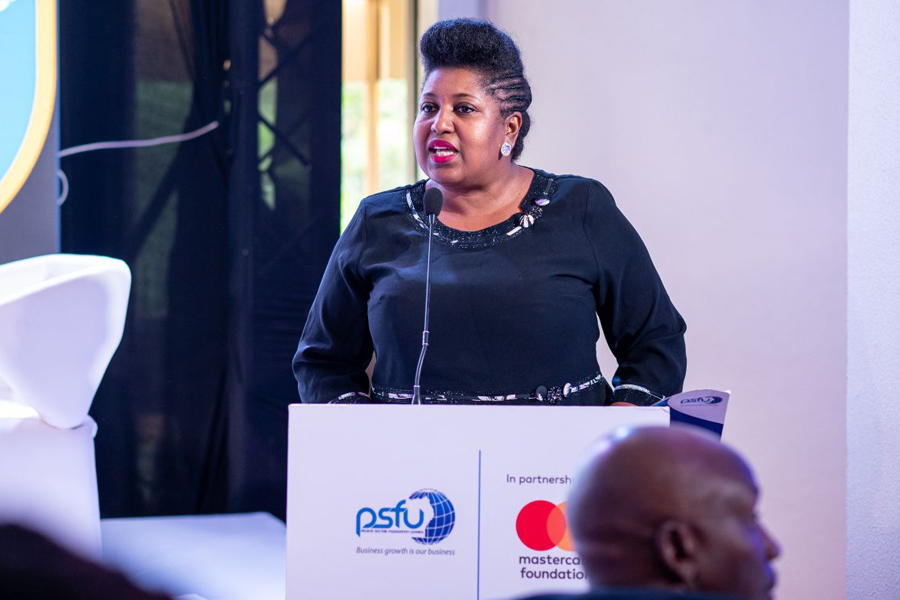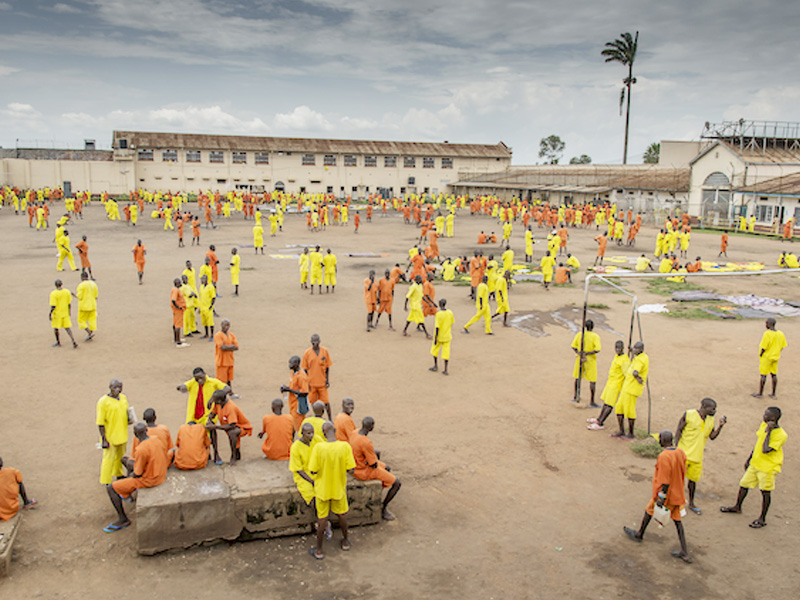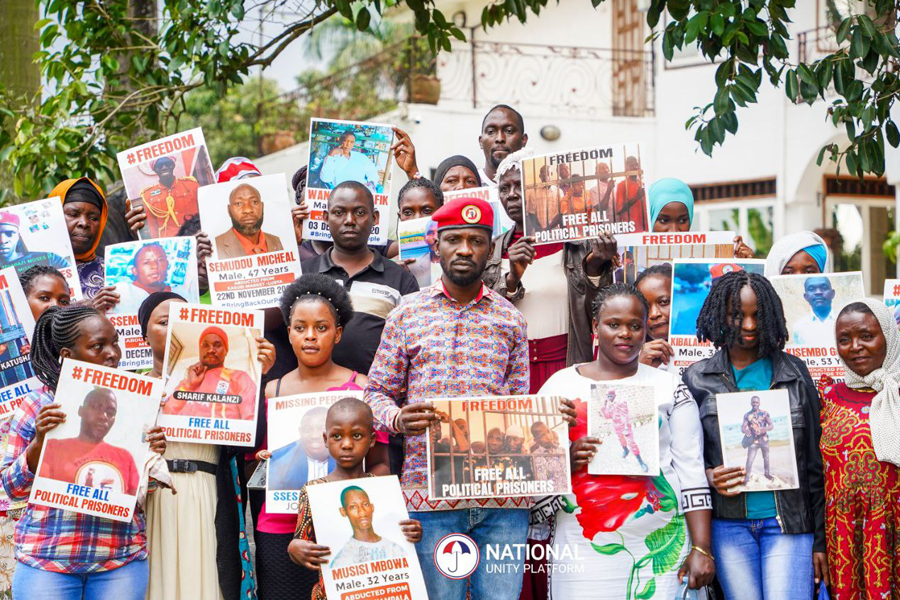Government, development partners launch project to empower women
The Food and Agriculture Organisation of the United Nations (FAO) and the government of Uganda yesterday launched a five-year project aimed at economic empowerment of women and contributing to the eradication of poverty in Karamoja and West Nile regions of Uganda.
The project, “Climate Resilient Livelihood Opportunities for Women Economic Empowerment (CRWEE) in Karamoja and West Nile Regions of Uganda, is funded by the Government of Sweden, through the Swedish International Development Agency (Sida) in Uganda.
Keep Reading
It aims at strengthening gender responsive and climate change resilience of rural women populations which depend on agricultural production systems through three key result areas:
Through the project, FAO will target about 250 farmer groups, reaching 52, 500 people as direct beneficiaries, with a ripple effect to over 100,000 people supported overall. Six out of every ten beneficiaries will be women and girls.
An additional 6 000 households will benefit from ecosystem management interventions such as tree planting, while at least 180 government officials from national and district levels, will receive training to empower them for gender-transformative climate change adaptation and mitigation.
The minister of State for Northern Uganda, Grace Freedom Kwiyucwinyi, expressed optimism about the Project, which she believes is a timely deliberate effort to uplift the 9 000 households living below the poverty line in Northern Uganda, through greater empowerment of women in agriculture.”
She called upon FAO, the Government of Sweden and other development partners to work together to eliminate poverty in the two poverty-laden regions by enhancing agricultural production, tackling youth unemployment and creating opportunities for income generation.
“If we can address these three things, Karamoja and West Nile regions will have more food,” she said.
Kwiyucwinyi commended FAO for supporting the communities to identify relevant commodities such as cashew nuts, Irish potatoes, cassava, apiary and tree planting, which she advised the Project implementers to promote further through value addition.
Speaking at the launch of the project the head of development cooperation at the Swedish Embassy in Uganda, Ola Hällgren emphasised the commitment of the Swedish Government to support Uganda to increase economic empowerment of rural women through support to production, productivity and productive employment in the agricultural sector, particularly in Karamoja and West Nile.
“The government of Sweden recognises the need to address a number of bottlenecks such as the use of rudimentary tools and technology in production, impacts of climate change and environmental degradation, lack of markets and market information, limited access and ownership of production assets for women and youths, limitations to financial access and vulnerabilities to shocks”, Hällgren said.
This project aims to address some of the above challenges, while also ensuring sustainable watershed management and use, access to energy, financial inclusions, among others, through increased collaboration between different stakeholders provides a strong opportunity to achieve project goals,” he added.
The West Nile and Karamoja sub-regions of Uganda have peculiar challenges to rural development and poverty reduction.
Compounded by the refugee influx in West Nile and recurrent long droughts and floods in Karamoja, make it extremely hard for many households to sustain an agriculture-based livelihood.
For West Nile and Karamoja, this means even greater pressure on already strained natural resources, with a high possibility of rendering currently productive lands and livestock-based livelihoods unproductive, thus exacerbating food insecurity.
The FAO Representative in Uganda, Antonio Querido, while speaking at the project launch, said that the role of women as the invisible hands that feed the nation remains constrained by social, cultural, environmental and economic orientations that must be addressed for sustainable development.
“The elimination of challenges faced by women in agriculture, including easing access to water for irrigation and provision of more climate resilient economics opportunities can contribute to increasing food security in Uganda, thereby positively impacting the incomes of agriculture dependent households”, said Querido.
“The project we are launching today will strive to integrate actions on climate change, poverty, and women economic empowerment for sustainable economic development in the constrained regions of Uganda,” he further said, while calling on all partners for a collaborative effort to ensure the success of the project.


